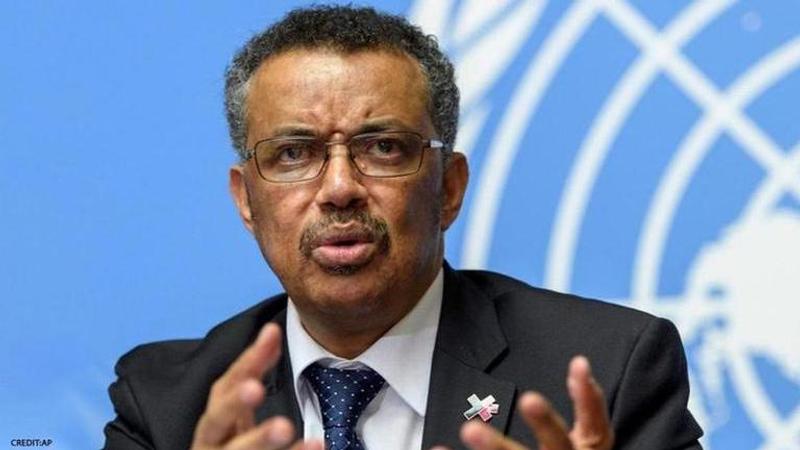Published 09:07 IST, April 27th 2020
WHO urges countries to focus on health emergencies like malaria, polio along with COVID-19
WHO has asked countries across the world to focus on other health emergencies such as malaria, polio, amidst their fight against Coronavirus pandemic.

The World Health Organisation (WHO) urged countries across to continue to focus on other health emergencies such as malaria, polio, etc amidst their fight against Coronavirus. Referring to the mishandling of Ebola crisis in the past, WHO stated that in the current fight against Coronavirus, countries should not ignore other health risks.
WHO warns of other diseases
Dr. Matshidiso Moeti, WHO Regional Director for Africa said, "I urge all countries to not lose focus on their gains made in health as they adapt to tackle this new threat. We saw with the Ebola Virus Disease outbreak in West Africa that we lost more people to malaria, for instance than, we lost to the Ebola outbreak. Let us not repeat that with COVID-19.”
Africa has made significant progress over the past 20 years in curbing the spread of malaria, preventing it from claiming lives. While COVID-19 is a major health threat, it’s necessary to continue with malaria prevention and treatment programmes and anti-malaria campaigns. The new modelling shows deaths could exceed 700 000 this year alone. We haven’t seen mortality levels like that in 20 years. We must not turn back the clock," Dr. Moeti added.
Possibility of Covid re-infection
Meanwhile, WHO stated that there was no evidence regarding the immunity of people who have recovered from COVID-19 and possess antibodies. The UN health agency came up with the clarification after some government suggested to provide “immunity passport” or “risk-free certificate” to those individuals who have recovered from COVID-19 and have antibodies to fight the virus. However, that statement was later withdrawn.
In a series of tweets, WHO said, "We expect that most people who are infected with COVID. What we don't yet know is the level of protection or how long it will last. We are working with scientists around the world to better understand the body's response to COVID19 infection. So far, no studies have answered these important questions.19 will develop an antibody response that will provide some level of protection."
Updated 09:07 IST, April 27th 2020




